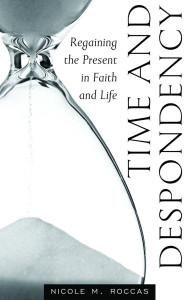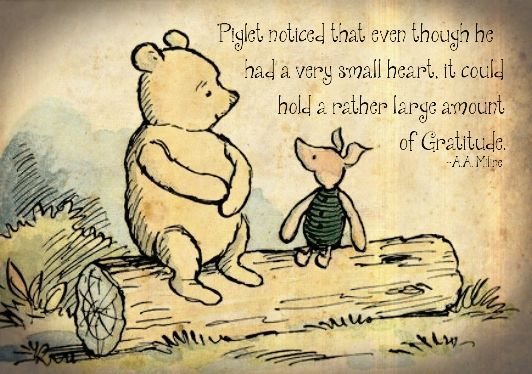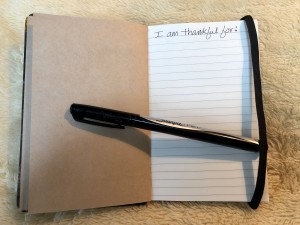 This is my third in a Lenten series in which I’m reflecting on Nicole Roccas’s book Time and Despondency: Regaining the Present in Faith and Life. If you missed my first two entries, here they are:
This is my third in a Lenten series in which I’m reflecting on Nicole Roccas’s book Time and Despondency: Regaining the Present in Faith and Life. If you missed my first two entries, here they are:
As I continue to follow along in Nicole’s Lenten reading guide, this morning I read the sections she suggested for Week 3 of Lent, in which we are moving towards the second Sunday of Great Lent, the Sunday of the Elevation of the Cross.
The first section I read this morning was chapter 3, “What is the Present Moment?” Her words in this chapter fit well with the “homework” Father Philip Rogers, our pastor at St. John Orthodox Church here in Memphis, gave us during his homily yesterday—to spend five minutes in complete silence every day during Lent (and maybe to let that practice continue beyond Lent, as the other spiritual practices we have awakened in our lives should also continue). This dovetails nicely into the other books I’m (re)reading during Lent this year: Living Prayer and Meditations on a Theme, both by Metropolitan Anthony Bloom. I discovered Met. Bloom’s books many years ago, but I like to revisit them to help re-center myself in prayer and silence—two things that aren’t organic for me, but require a lot of effort. In this chapter, Nicole says:
Why is it so crucial to “be present” in the way St. Theophan and the neptic Fathers admonish? Because the present moment is the only time in which we can encounter the Resurrection and Christ Himself. We cannot meet Him in the past or future; the only time we have is now.
This might seem obvious, and yet, as she points out later in this chapter, we tend to live in the past and the future:
Perhaps the first step of despondency—the first departure from the present moment—is numbing ourselves to care and all the pain it can bring. Counterintuitive though it may seem, fostering regret and anxiety toward past and future are part of that numbing process, because they extract us from the arena of caring and deposit us in the cesspool of rumination, where the mind can manipulate its own reality.
I have experienced this constantly throughout my life—this “cesspool of rumination”—where I let my mind take me to past regrets, to past hurts so that I hold onto them and undo the forgiveness I worked so hard to give at some point, or to anxiety about the future, to the point where I obsess over things as immediate as the success of my literary career or as (possibly) far off as failing health, especially with my family history of Alzheimer’s. So what help does Nicole offer us to counter these tendencies, which lead us down the path of ongoing despondency?
 In chapter 7, “Stepping Stones Back to the Present,” the section we read this week is about GRATITUDE. She shares the story of a man who struggled with depression and was giving a talk on mental health and faith:
In chapter 7, “Stepping Stones Back to the Present,” the section we read this week is about GRATITUDE. She shares the story of a man who struggled with depression and was giving a talk on mental health and faith:
Just before a major depression struck, he would notice that he had stopped giving thanks for ordinary things in life…. A cessation of gratitude was the most consistent forewarning that another storm was on the horizon and he needed to change course.
I have a close friend who always seems to be thankful, even in the midst of her struggles. We talk on the phone frequently, and I’m always impressed with how often she injects thanksgiving into our conversations, reminding me that Christ’s love is with us, especially in our struggles.

So, this morning, I combined Father Phillip’s “homework”—to sit silently for five minutes—with Nicole’s suggestions about giving thanks. As I sat quietly, I interrupted my silence only to name things I was thankful for: Our oldest son’s visit with us from New Orleans this weekend. Almost six months without a drink (I’ll blog about that on Thursday). A new friend I’ve recently made and the joy of that mutually encouraging relationship. A special lunch with our fifteen-year-old Goddaughter and how precious she is and how wonderful our relationship with her is. Some good reviews of my latest book. The loveliness of our home. The growing love in my marriage of almost 48 years.
 At the end of this section in Time & Despondency, Nicole offers several “Stepping Stones of Thanksgiving.” I’m not going to list them here, but when she asks in the reading guide, “What is the one way you’d like to try exercising gratitude this week, based on the readings?” my reply is to follow her third stepping stone: “Thankswriting.” This seems like an obvious choice for a writer, doesn’t it? I will keep a small journal (just found one in a drawer in my office) on my bedside table, and every night I will list one or two items that I am thankful for that day. It lifts my spirits to just think about doing this simple act of being present, of living in the moment, and accessing its power against despondency! Join me?
At the end of this section in Time & Despondency, Nicole offers several “Stepping Stones of Thanksgiving.” I’m not going to list them here, but when she asks in the reading guide, “What is the one way you’d like to try exercising gratitude this week, based on the readings?” my reply is to follow her third stepping stone: “Thankswriting.” This seems like an obvious choice for a writer, doesn’t it? I will keep a small journal (just found one in a drawer in my office) on my bedside table, and every night I will list one or two items that I am thankful for that day. It lifts my spirits to just think about doing this simple act of being present, of living in the moment, and accessing its power against despondency! Join me?